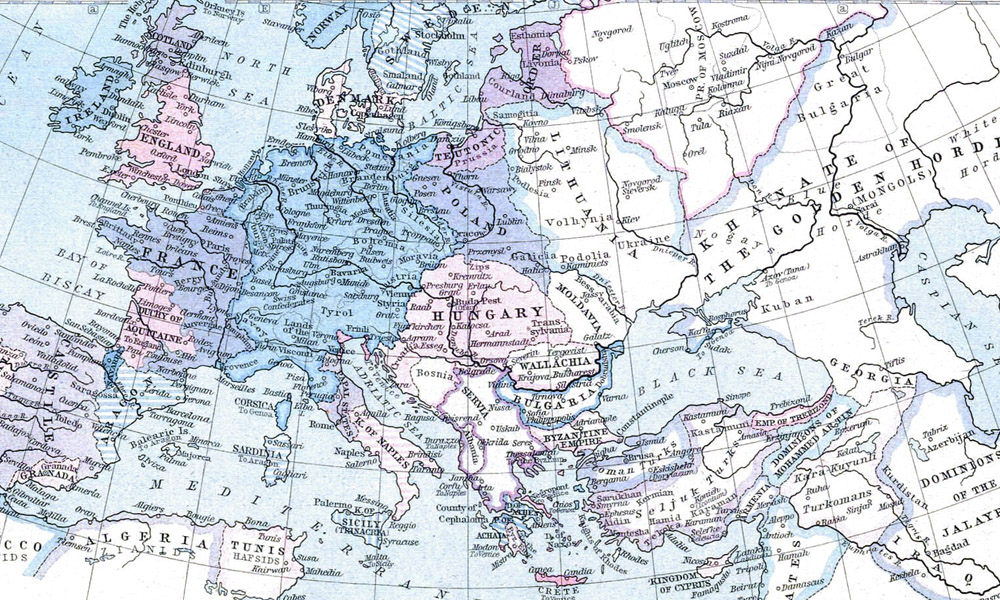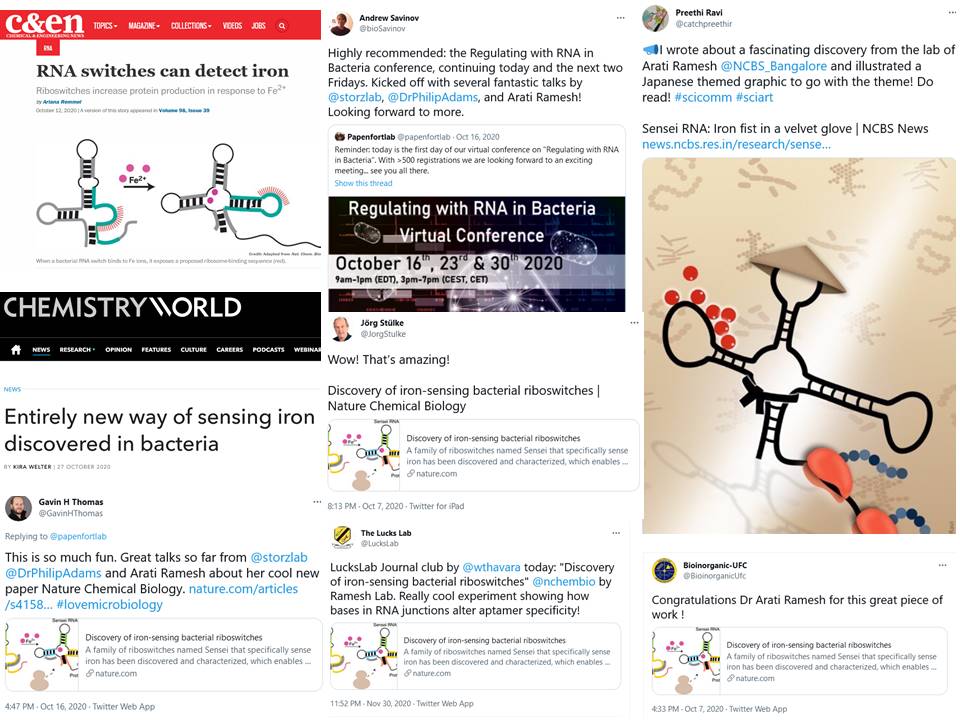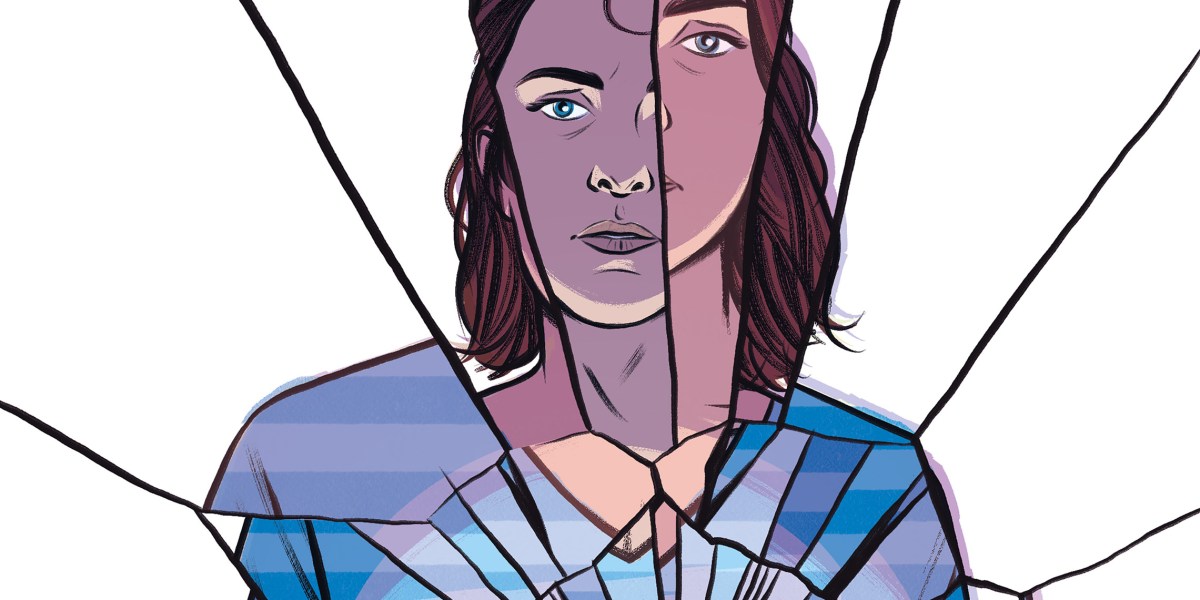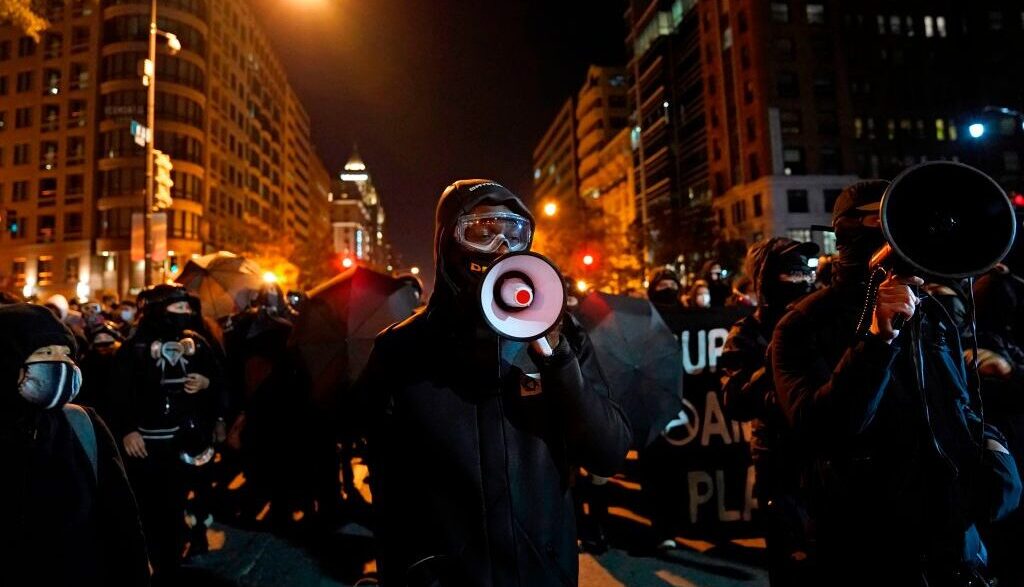
The Silences Between: On the Perils and Pitfalls of Translation
The American anthropologist Laura Bohannan once tried to paraphrase “Hamlet” for a tribe of West African bush people. Convinced that “human nature is pretty much the same the whole world over,” Bohannan chose “Hamlet” as a reliable universal archetype. It sounds good on paper, but at practically every sentence, she found her listeners raising objections and interpolations wholly outside her frame of reference:
“Polonius [Bohannan narrates] insisted that Hamlet was mad because he had been forbidden to see Ophelia, whom he loved.” “Why,” inquired a bewildered voice, “should anyone bewitch Hamlet on that account?” “Bewitch him?” “Yes, only witchcraft can make anyone mad.” … “Laertes [she later resumes] came back for his father’s funeral. The great chief told him Hamlet had killed Polonius. Laertes swore to kill Hamlet because of this, and because his sister Ophelia, hearing her father had been killed by the man she loved, went mad and drowned in the river.”
“Have you already forgotten what we told you?” The old man was reproachful. “One cannot take vengeance on a madman; Hamlet killed Polonius in his madness. As for the girl, she not only went mad, she was drowned. Only witches can make people drown. Water itself can’t hurt anything. It is merely something one drinks and bathes in. … [Laertes therefore] killed his sister by witchcraft, drowning her so he could secretly sell her body to the witches.”





















